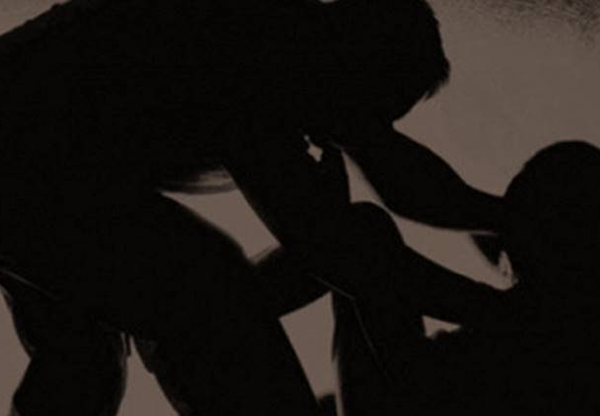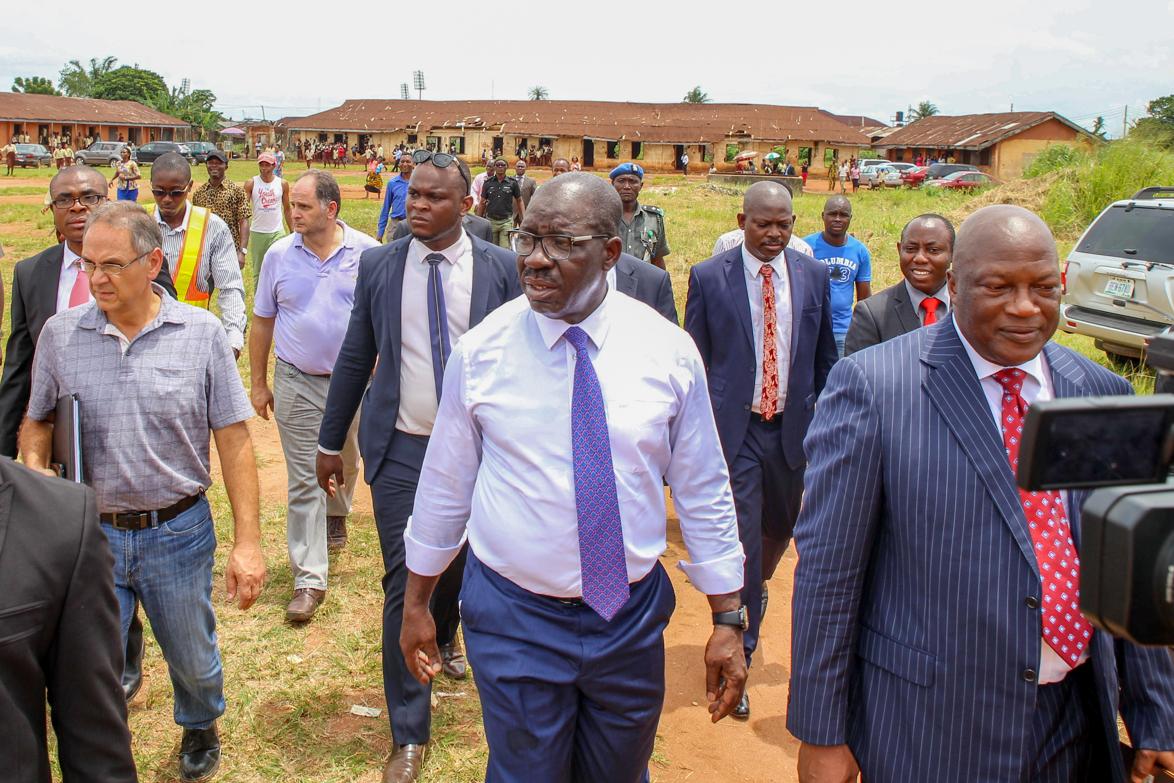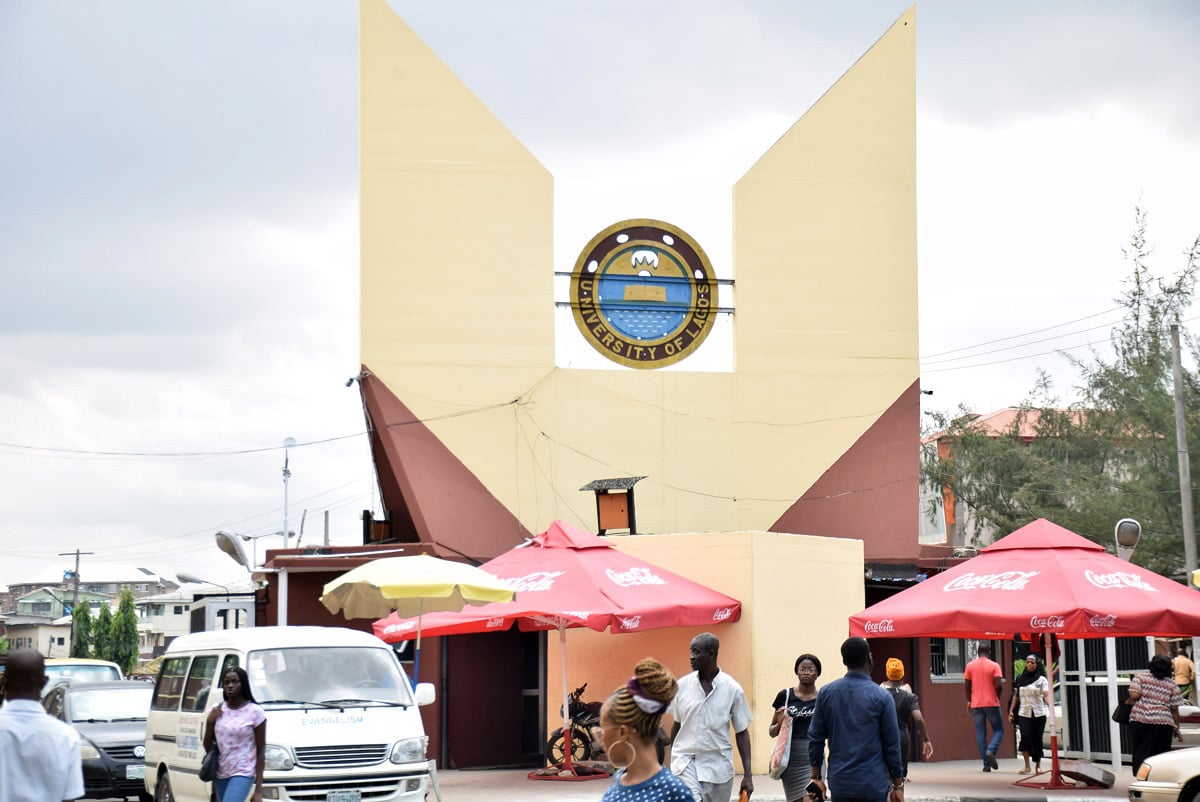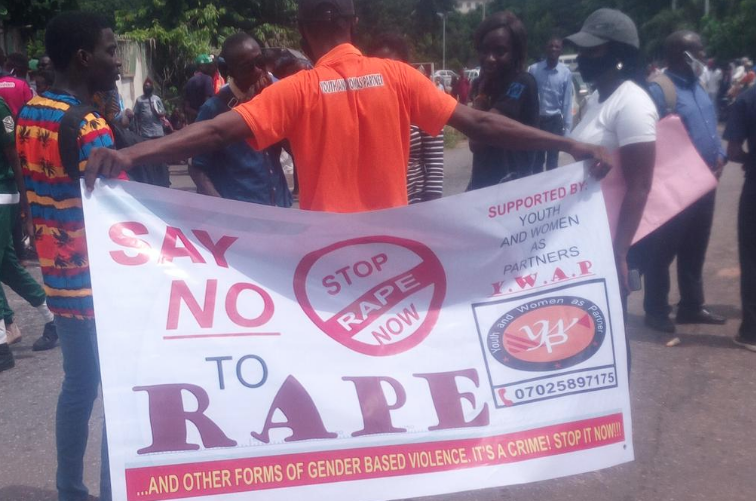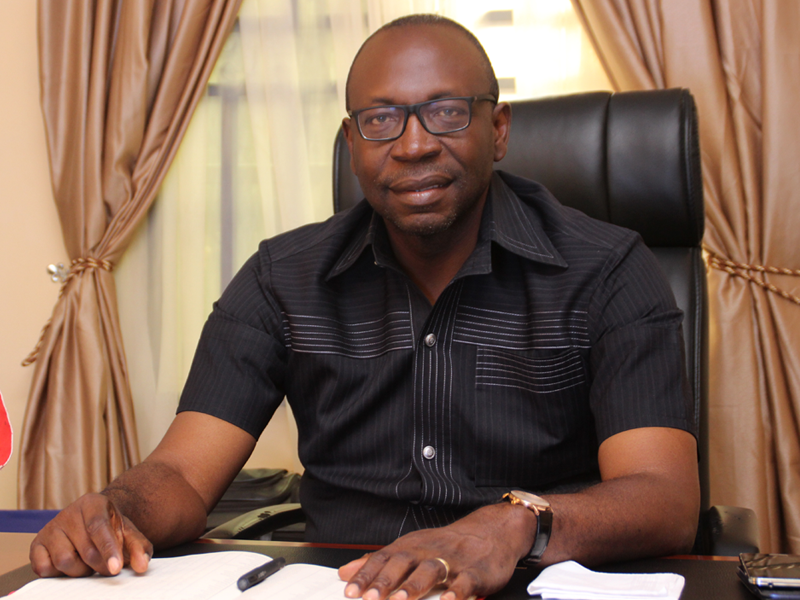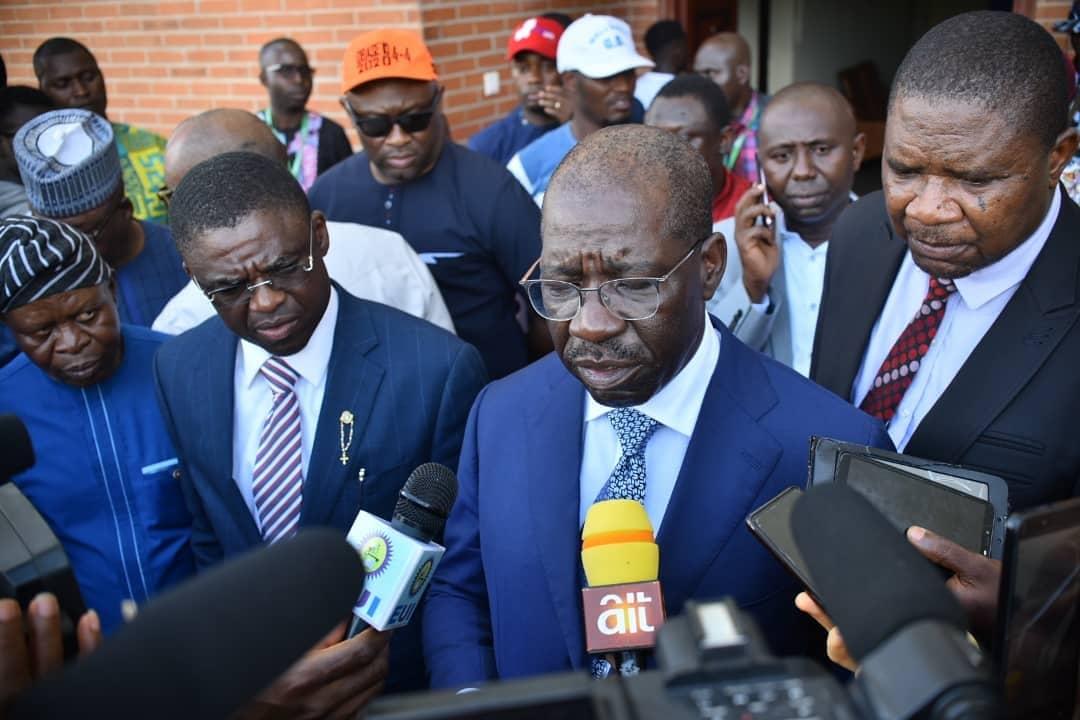On Friday, the country marked its second Democracy Day on June 12 – a shift from the usual May 29 – as announced by President Muhammadu Buhari. Forget the criticisms. Buhari’s decision to eventually honour Moshood Abiola posthumously and to declare the new date to commemorate his legacies to the dawn of the country’s democracy is worthy of commendation. The day is renowned for remembering the heroics of Nigerians, who barring religious, ethnic and other differences, went to the poll to elect their preferred candidate — Abiola, presidential candidate of the Social Democratic Party (SDP) – during the 1993 election. The outcome of the election, though eventually annulled by Ibrahim Babangida, former military, has continued to resonate in history as the country’s most credible election.
Since our many years of independence, the June 12, 1993 experiment has been our best shot in demonstrating our readiness for true democratic development and the birth of our dream nation. It was the election that saw Nigerians turned a blind eye to the various differences that have continued to stifle our quest for development. The election, if not that it was annulled, could arguably have set the country on the right track for the desired growth.
Sadly, 27 years after the significant election, Nigeria’s democracy has remained in an abysmal state. Beyond the annual fanfare, which will wear out in a matter of days, our democratic journey still leaves much to be desired. On one hand, the political class has failed to deliver democratic dividends to the people. Poverty in Nigeria is increasing at a geometric rate while access to basic amenities such good roads, water, education, electricity among others is still a nightmare for average Nigerians, particularly those in the rural area. What is democracy when the people cannot enjoy impactful representation at all levels of government? Atiku Abubakar, former vice-president, succinctly puts in his message to commemorate this year’s Democracy Day that the political leaders – of which he is one – have failed in putting in place necessary measures, expected of their leaders in a democratic setting, to make the masses happy in place. “While we may have a day dedicated to celebrating democracy, it remains saddening that we have not delivered enough dividends to our people to be happy over,” he had said.
On the other hand, the operationalisation of democratic tenets in Nigeria still remains in a primitive, unimaginable stage. At a time where countries are introducing sweeping electoral reforms to improve governance and better the lots of their citizens, we are still struggling with minor issues such as how to conduct an election! It’s 21 years of uninterrupted democracy in Nigeria but nothing on ground suggests that we are progressing as a nation. Our elections are still reeked with vote-buying, rigging and malpractices of all kinds. More worrisome, we’re still stuck with our do-or-die philosophy of politicking. Godfatherism still holds sway in our political landscape while meritocracy is being sacrificed on the altar of religion, ethnic and tribal sentiments in deciding who becomes elected. How do we expect to make progress with such a retarded mindset?
Advertisement
The ongoing drama in Edo State is typical of what our democracy has become. Godwin Obaseki, the incumbent governor, who rode to power in 2016 with the support of Adams Oshiomhole, APC national. But with their relationship gone sour, they have become the protagonist and antagonist of the forthcoming gubernatorial election in the state respectively in what seemed a calculated attempt to show their individual political strength. With his recent disqualification by the APC’s screening committee for the Edo governorship primary over alleged “defective certificate,” Obaseki looks destined to join the Peoples Democratic Party (PDP) to actualise his second term bid. What is clear so far is that the battle for power between the two political gladiators is not in the interest of the electorate – a development that has become the bane of our democratic development.
Since Nigeria’s return to democracy in 1999, we have recorded inconsequential progress as a nation. Our positives at the 2015 elections for instance have been undermined by subsequent elections as we witnessed during the 2019 experiment which was characterized by inconclusive elections widespread allegations of irregularities. In his assessment of the 2019 elections and Buhari’s decision to announce June 12 as the new Democracy Day, for instance, Wole Soyinka, renowned literary icon, said: “This year’s recall of an uplifting day in the year 1993 comes up against a background of its most shameful disavowal: the 2019 elections – still under judicial contestation – an event that would be more accurately described as an exercise in body count rather than ballot count.
“The elections however merely reflected a pattern of savagery and abandonment of human sensibilities that have eaten away the sheerest sense of community in the nation. I have already described it as the final descent into the abyss of human degradation. The recent call – no matter how suspect the motivation –for what amounts to a national discourse on future directions was nothing new.”
Advertisement
As this year’s Democracy Day celebration rolls by, we must chart a new course forward for our fledging democracy. We must ensure the ideals that birthed the choice of electorates during the June 12, 1993 election are built upon. The day must not only be seen an annual ritual but should whip up true reflection on how we can bring about the needed change in the country. As Soyinka puts it: “A day dedicated to democracy – as a compelling morality of social existence – is merely frivolous unless directed at the recognition of the telling, prevailing features of the last exercise, which throw in question the free, hopefully educated exertion of human choice.” Until this is done, we are only making a mockery of the what transpired during the historic election that is revered as the watershed in the country’s democratic journey.
Ojo is a journalist at TheCable.
Views expressed by contributors are strictly personal and not of TheCable.

